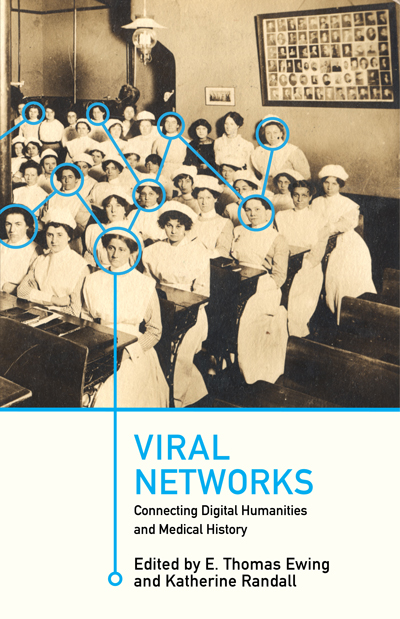JARS v45n2 - Interface: A Container Problem
Interface: A Container Problem
Steven Feryok
Hopewell, New Jersey
Interface is the inability of a plant's roots to grow out into the surrounding soil and is a problem unique to container grown plants. Most nurseries today have gone to container growing rather than field growing. During the infancy of container growing, plants were routinely transplanted into a larger container as the plant grew in size. It enabled the grower to tear the root system apart and loosen the soil, promoting root regeneration which is essential in preventing a plant from becoming pot bound. That was a very time consuming and labor intensive process. Most nurseries no longer adhere to that process. As a consequence many plants are left in the same container undisturbed until they are sold, which may be many years.
Another problem associated with interface is the inability of a plant to absorb enough water. Most container grown plants are grown in soiless media high in organic matter because of the use of peat moss and hardwood bark. Organic matter has a high water holding capacity and a low infiltration rate. It takes a great deal of water to get the root ball saturated. Soil, on the other hand, has a good moisture capacity and a high infiltration rate.
If the root ball is not broken apart and loosened before it is placed into the prepared hole, the ball may become dried out and cause the plant to die. The water when applied will be absorbed by the surrounding soil. The loosened container ball will permit the roots to develop more rapidly and increase the plant's chance of survival. This method will also prevent frost action of winter from heaving the plant out of the ground.
Fine rooted plants such as rhododendrons and azaleas tend to be more prone to interface than course rooted plants such as junipers and yew (Taxus). Field grown plants do not have an interface problem at all.
Steven Feryok, president of the Princeton ARS Chapter, was born and raised in the nursery industry and has been growing plants in the field and in containers for years. He has been a member of the International Propagators Society.
